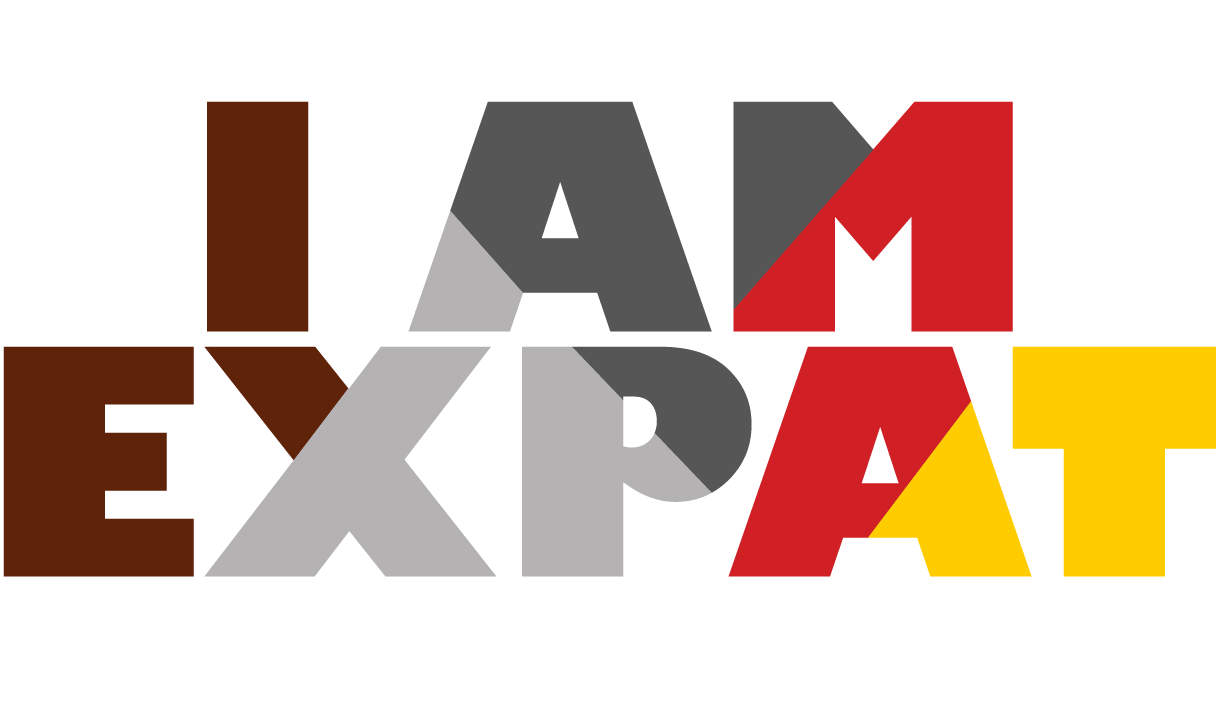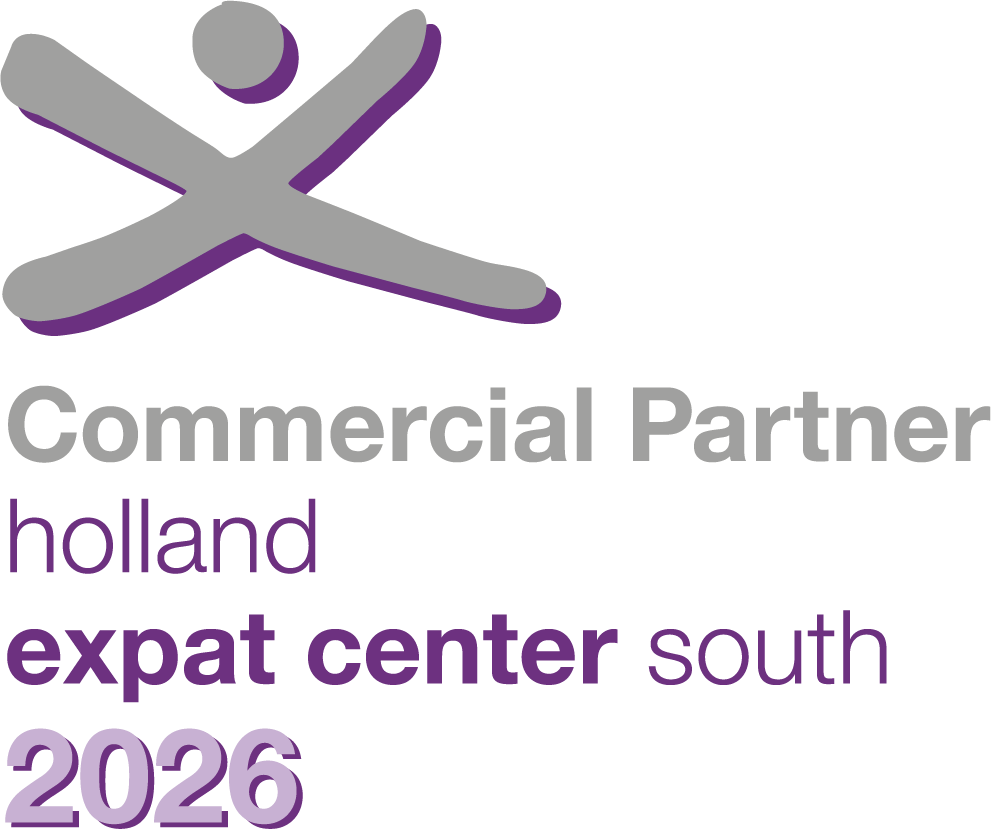Expat Service helps expats with an online tax filing service for their income tax return. Efficient, simple and affordable tax filing whenever and wherever you are in the world. That’s why Expat Service is the intelligent choice for every expat.

Many expats come to the Netherlands for a specific employment already set up. These expats are recruited to the Netherlands by their new employer. However, we see more and more often that expats opt for self-employment. Whether these expats come to the Netherlands with entrepreneurial intentions or whether they choose to leave employment for a new challenge, it is becoming more and more popular, to run your own business within the expat community.
While it is great that people want to start something for themselves and be independent, being self employed does come with a multitude of obligations, that might be difficult to navigate.
In this article we will go over the most important aspects to consider, so that you are fully prepared for your self-employment journey.
Most expats will already be familiar with the annual income tax return, as most are already obligated to file this. What you might not realize, is how the obligations regarding the annual income tax return, will change when becoming self-employed.
The main change these new entrepreneurs will need to deal with is the addition of profit calculation. This is a section of the income tax return, where the business profit recorded and determined for tax purposes. There are some very specific rules and conditions for determining the taxable profit, however by keeping an up-to-date administration, you make this process as easy as possible for yourself.
The actual tax rates on self employed profit, are equal to those for employment income. Therefore, the main differences are in the reporting of this income. The profit from your business is reported and calculated using two different methods:
The first method is fairly simple, as it consists of a simple overview of all revenue generated by the business, deducted with all different costs (that are considered deductible). The equity comparison has a bit more to it. Here the total equity in your business at the end of the year, is reduced by that at the beginning of the year, to determine your profit/loss. Any private withdrawals or deposits are eliminated form this comparison.
The outcomes of these 2 methods, need to be exactly the same. It is a way to guarantee that the calculated and therefore taxable profit is correct. If there are deviations between the two, then you have either made a mistake in the calculation or your administration in general.
When it comes to which costs you can and cannot deduct, there are many different rules. However, what is most important to keep in mind is that the costs need to be unequivocally business costs and should not contain a private element. Costs for marketing or employees are good examples of those types of costs, while costs for private dinners or yourself in general are seen as private and cannot be included in the profit calculation.
VAT, or Value Added Tax, is something that most entrepreneurs will need to deal with at some point. For most this will consist of having to charge and pay VAT on their business transactions and filing the quarterly VAT return.
This return (in most cases) needs to be filed once every quarter, within a month of the quarter ending. Therefore, the following filing deadlines are to be maintained:
Filed and paid by:
For most VAT obligated entrepreneurs, this will be a matter of charging 21% on top of their asking price as VAT and keeping track of this as well as their paid VAT (on costs) within their administration.
There are however some exceptions to these rules. Based on the activities performed by the business. Some entrepreneurs can maintain the lowered rate of 9%, whilst others are even exempted from VAT.
When registering your business with the chamber of commerce, the information provided will automatically get send to the tax authorities for review. They will then issue a decision regarding your VAT obligations. In this decision, they will also include your VAT number, as well as the deadlines for filing, applicable in your case.
Besides the above-described fiscal obligations, there are also some general tax tips we would like to provide you with.
Any purchases over € 450, will be seen as an investment. Investing within your business can come with several possible benefits, in the form of tax deductions. These tax deductions do come with their own obligations and conditions. It is therefore vital to properly think out any investments within your business, as you might need to reach a certain threshold or invest in certain assets, in order to make use of the tax benefits.
In the Dutch income tax, there is also a special facility for entrepreneurs, namely the entrepreneur’s deduction. This is an extra deduction of your profit, that an entrepreneur may make use of if they meet certain conditions. It is comprised of several components and being able to make use of one or several of these may greatly reduce your due taxes. The main component of this deduction is called the independent deduction, and it amounts to € 2.470 in 2025. To make use of it, the entrepreneur must have spent a minimum of 1.225 hours on his business within the calendar year. It is therefore vital to keep track of the hours spent on your business. This independent deduction can be increased with an amount of € 2.123, if you are considered a starter.
Lastly, it is greatly recommended that you file a provisional income tax return. This is a tax return in which you estimate your profit (and other income), during the tax year itself, instead of only filing after the tax year has concluded. Once filed, you will be able to pay the due taxes on your profit in monthly installments, instead of having to pay everything at once after filing the definitive return the following year. The reason this is recommended is because, unlike with wage from employment, the profit you generate as a business, will not be taxed automatically throughout the year. This can cause issues, having to pay the full amount of taxes over a year of income can be difficult if you are not prepared. By paying in advance throughout the tax year, you are able to spread your tax burden out.
If you are thinking of starting your own business, and are wondering about the tax implications, feel free to reach out to Expat Service. Not only do we offer help in filing your annual income tax return, but with our advisory service we are able to schedule meetings in which we can go over exactly what you want to know, regarding entrepreneurship in the Netherlands.
If you are thinking of starting your own business in the Netherlands, and are wondering about the tax implications, feel free to reach out to Expat Service. Not only do we offer help in filing your annual income tax return, but with our advisory service we are able to schedule meetings in which we can go over exactly what you want to know, regarding entrepreneurship in the Netherlands.
Get 100% tax compliant
With our unique portal, you can easily prepare your own income tax returns.
All this in only 3 easy steps.
Expat Service helps expats with an online tax filing service for their income tax return. Efficient, simple and affordable tax filing whenever and wherever you are in the world. That’s why Expat Service is the intelligent choice for every expat.
HQ Netherlands, Stratumsedijk 6 Eindhoven I KvK/CoC 80399673


Expat Service © 2026 All rights reserved.